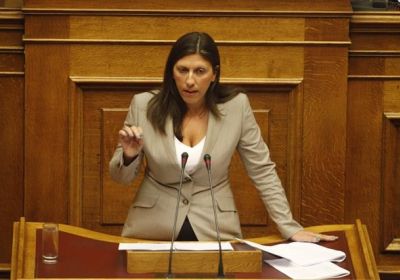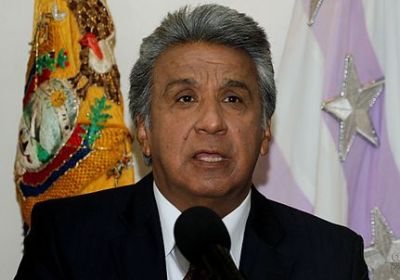
Nearly ten thousand public servants have been fired in Ecuador following President Lenin Moreno's agreement with the International Monetary Fund.

Nearly ten thousand public servants have been fired in Ecuador following President Lenin Moreno's agreement with the International Monetary Fund.
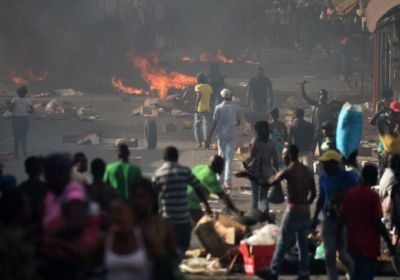
Haiti exploded in early July in a nationwide uprising whose Kreyòl watchwords are nou bouke — we are fed up, writes Kim Ives.
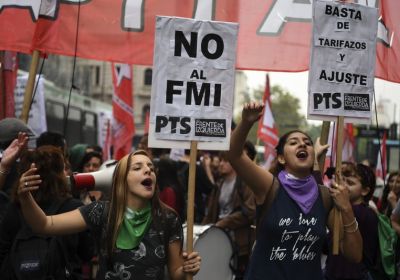
Thousands of Argentine’s were on the streets on May 15 protesting President Mauricio Macri’s latest macroeconomic policy — a major loan from the International Monetary Fund (IMF).
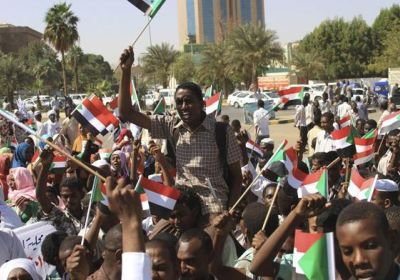
A wave of street demonstrations have spread across major cities in Sudan in protest against new austerity measures pushed by the North African country’s government.
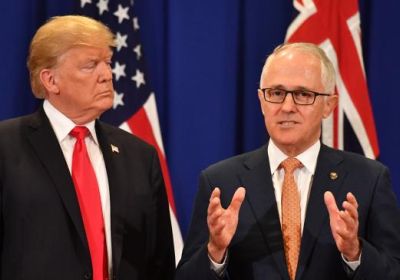
Prime Minister Malcolm Turnbull has seized on International Monetary Fund (IMF) forecasts predicting a rise in global economic growth following the US administration’s corporate tax cuts, to call for similar cuts here.
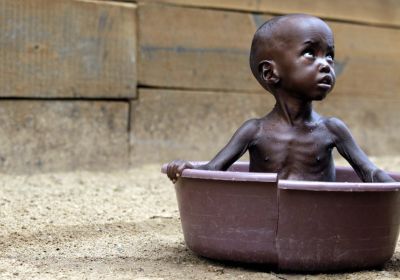

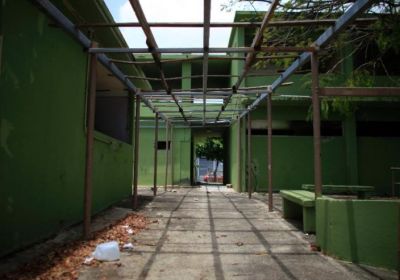
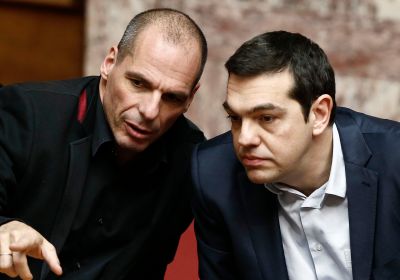
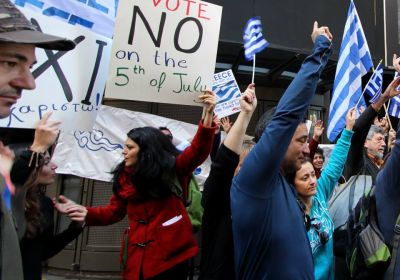
We, the undersigned, stand in solidarity with the people of Greece and the SYRIZA-led government as they prepare for a referendum on July 5, 2015, on whether to accept the continuation of the program of neoliberal austerity or chart a new course free from the debilitating stranglehold of the Troika — the International Monetary Fund, the European Central Bank, and the European Commission.
